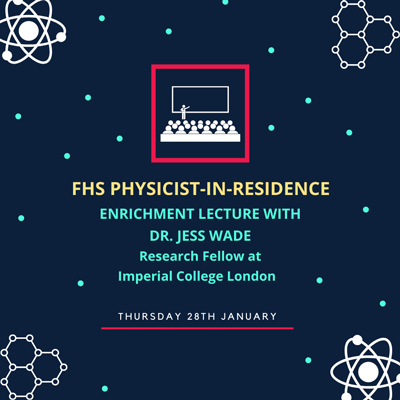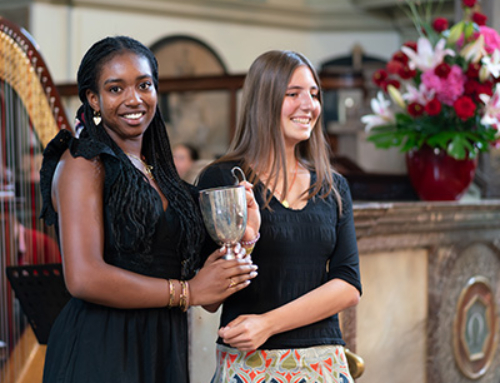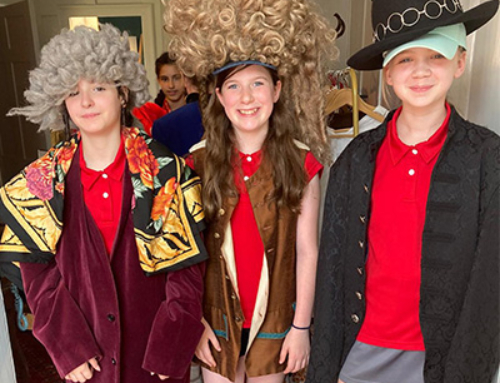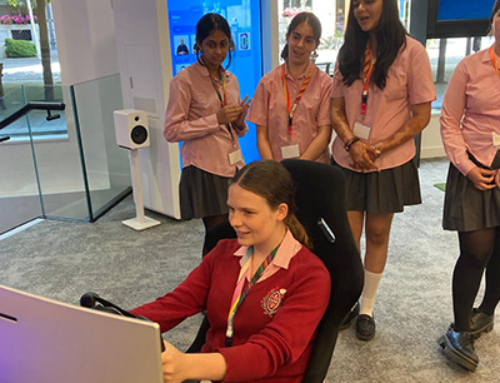On the Thursday 28th January, Dr Jess Wade (our Physicist-in-Residence) held a fascinating talk for our year (Lower Fifth), in place of our science lessons. She talked about printed electronics first, before going on to my favourite: chirality. Chirals are things that are non-superimposable. Two chirals (substances whose particle structures are mirror images of one-another) can be completely different. Chirals are used in technology a lot. Although I had never heard of chirality, or many of the things Dr Jess Wade talked about, I ended up learning a lot and becoming really inspired to do my own research. She also introduced us to the many amazing opportunities physics as a career path can provide. We were then shocked to find out how little women were being recognised in science compared to men and it was impressive to learn that Dr Jess Wade was taking action on tackling this problem by writing thousands of Wikipedia pages on women who deserve to have one.
by Nicola, Lower Fifth
Dr Wade is a Research Fellow at Imperial College London, where she investigates polymer-based organic light emitting diodes. Her public engagement work focuses on championing women in physics, as well as tackling systemic biases such as gender and racial bias on Wikipedia. In 2019,she was awarded the British Empire Medal (BEM) for services to gender diversity in science. Dr Wade is on a mission – she would like every woman who has achieved something impressive in science to get the prominence and recognition they deserve. She has written 270 pages in one year for Wikipedia reports the Guardian.















